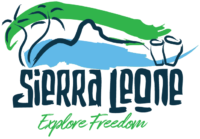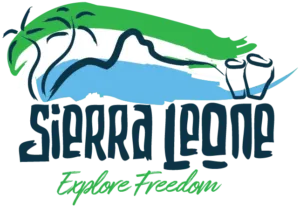Plan Your Trip
Travel Essentials
Weather
The climate in Sierra Leone is tropical and hot year round, with a dry season from December to April and a wet season from May to November.
Temperatures don’t change much throughout the year, with maximum temperatures around 28/30°C in Freetown, dipping to about 23/25°C at night. In the interior of the country, temperatures are slightly higher, reaching 35°C or even higher during the day.
Winter in Sierra Leone
The rainy season kicks off in March in the southern part of the country, and by June it’s in full swing all over Sierra Leone – the rainiest months are July and August, when up to 800 mm of rain falls during a single month. Travel becomes very hard during the rainy season, as roads often flood or become very muddy. It takes several more hours and it may even become impossible to access remote corners of the country.
Summer in Sierra Leone
The harmattan wind from the Sahara blows in December, January and February, bringing dry and dusty conditions, and clouding Sierra Leone’s beautiful blue skies. It can also get uncomfortably hot, up to 40°C in some years.
Weather
The climate in Sierra Leone is tropical and hot year round, with a dry season from December to April and a wet season from May to November.
Temperatures don’t change much throughout the year, with maximum temperatures around 28/30°C in Freetown, dipping to about 23/25°C at night. In the interior of the country, temperatures are slightly higher, reaching 35°C or even higher during the day.
Winter in Sierra Leone
The rainy season kicks off in March in the southern part of the country, and by June it’s in full swing all over Sierra Leone – the rainiest months are July and August, when up to 800 mm of rain falls during a single month. Travel becomes very hard during the rainy season, as roads often flood or become very muddy. It takes several more hours and it may even become impossible to access remote corners of the country.
Summer in Sierra Leone
The harmattan wind from the Sahara blows in December, January and February, bringing dry and dusty conditions, and clouding Sierra Leone’s beautiful blue skies. It can also get uncomfortably hot, up to 40°C in some years.
Accommodation
Tourism is still developing in Sierra Leone, and Freetown is the only place in the country where you get accommodation for all budgets – from 5-star luxury properties to mid range hotels, and affordable backpacker guesthouses and hostels.
Elsewhere in the country, your choices on where to stay may be limited to only one or two options, and electricity, air conditioning and Wi-Fi connection may not be available, especially in remote areas like Tiwai National Park or the Turtle Islands.
Accommodation
Tourism is still developing in Sierra Leone, and Freetown is the only place in the country where you get accommodation for all budgets – from 5-star luxury properties to mid range hotels, and affordable backpacker guesthouses and hostels.
Elsewhere in the country, your choices on where to stay may be limited to only one or two options, and electricity, air conditioning and Wi-Fi connection may not be available, especially in remote areas like Tiwai National Park or the Turtle Islands.
Money
The official currency of Sierra Leone is the Leone (LE or SLL), available in coins of 100 and 500 and bills of 1,000, 2,000, 5,000 and 10,000. Due to the exchange rate, you will likely mostly use 10,000 bills while travelling in the country.
While it is illegal to pay in US dollars or exchange money in the street through unlicensed money dealers, you can exchange your foreign currency at commercial banks, foreign bureaux de change, hotels and supermarkets.
Some hotels and restaurants will accept credit cards to settle bills, but please be advised to check beforehand. ATMs are also available for Leone cash withdrawals in Freetown and other cities around the country, but not in small towns or remote places.
One of the most common forms of payment in Sierra Leone, and growing, is the use of mobile money. Both Africell and Orange have mobile currency solutions that can be used to settle bills.
Money
The official currency of Sierra Leone is the Leone (LE or SLL), available in coins of 100 and 500 and bills of 1,000, 2,000, 5,000 and 10,000. Due to the exchange rate, you will likely mostly use 10,000 bills while travelling in the country.
While it is illegal to pay in US dollars or exchange money in the street through unlicensed money dealers, you can exchange your foreign currency at commercial banks, foreign bureaux de change, hotels and supermarkets.
Some hotels and restaurants will accept credit cards to settle bills, but please be advised to check beforehand. ATMs are also available for Leone cash withdrawals in Freetown and other cities around the country, but not in small towns or remote places.
One of the most common forms of payment in Sierra Leone, and growing, is the use of mobile money. Both Africell and Orange have mobile currency solutions that can be used to settle bills.
Food
Rice is the staple food in Sierra Leone, and it is served in large quantities with any meal, very often with stews, including such ingredients as cassava leaf, potato leaf or peanuts.
Other firm favourites accompanying rice-based meals include plantain, okra, beans, goat, chicken, fish or beef. Palm oil is also used ubiquitously in Sierra Leonean cuisine. Street food can also be found around Freetown, especially along Lumley Beach – vendors selling fried chicken, grilled kebabs or roasted corn are commonplace, especially after sunset.
Freetown is also home to a sizable Lebanese community, many of whom are in the hospitality sector. Lebanese specialties like hummus, falafel, mezes or grilled kebabs are often found on menus around the city, especially at upmarket restaurants.
Food
Rice is the staple food in Sierra Leone, and it is served in large quantities with any meal, very often with stews, including such ingredients as cassava leaf, potato leaf or peanuts.
Other firm favourites accompanying rice-based meals include plantain, okra, beans, goat, chicken, fish or beef. Palm oil is also used ubiquitously in Sierra Leonean cuisine. Street food can also be found around Freetown, especially along Lumley Beach – vendors selling fried chicken, grilled kebabs or roasted corn are commonplace, especially after sunset.
Freetown is also home to a sizable Lebanese community, many of whom are in the hospitality sector. Lebanese specialties like hummus, falafel, mezes or grilled kebabs are often found on menus around the city, especially at upmarket restaurants.
Communication
Mobile phones are arguably the easiest way to stay connected while travelling in Sierra Leone. Both Africell and Orange have extensive networks across the country, and to a lesser extent Sierratel and QCell.
On arrival, travellers will be offered a free SIM card by Africell and Orange, and can choose to top up the card with data and minutes for voice calls. Topping up when travelling around the country is easy – street vendors and small kiosks selling airtime and data are ubiquitous in villages, towns and cities. Simply keep a look out for the Africell and Orange branding. Individuals can also transfer data and minutes to another number via their mobile.
Most hotels will offer free, uncapped Internet, however the quality and speed is not always consistent, and high-quality free Wi-Fi is not widely available.
In the remotest part of the country and in places like the Turtle Islands there is simply no mobile connection at all, so visitors will have no choice but to take a ‘digital detox’.
Communication
Mobile phones are arguably the easiest way to stay connected while travelling in Sierra Leone. Both Africell and Orange have extensive networks across the country, and to a lesser extent Sierratel and QCell.
On arrival, travellers will be offered a free SIM card by Africell and Orange, and can choose to top up the card with data and minutes for voice calls. Topping up when travelling around the country is easy – street vendors and small kiosks selling airtime and data are ubiquitous in villages, towns and cities. Simply keep a look out for the Africell and Orange branding. Individuals can also transfer data and minutes to another number via their mobile.
Most hotels will offer free, uncapped Internet, however the quality and speed is not always consistent, and high-quality free Wi-Fi is not widely available.
In the remotest part of the country and in places like the Turtle Islands there is simply no mobile connection at all, so visitors will have no choice but to take a ‘digital detox’.


